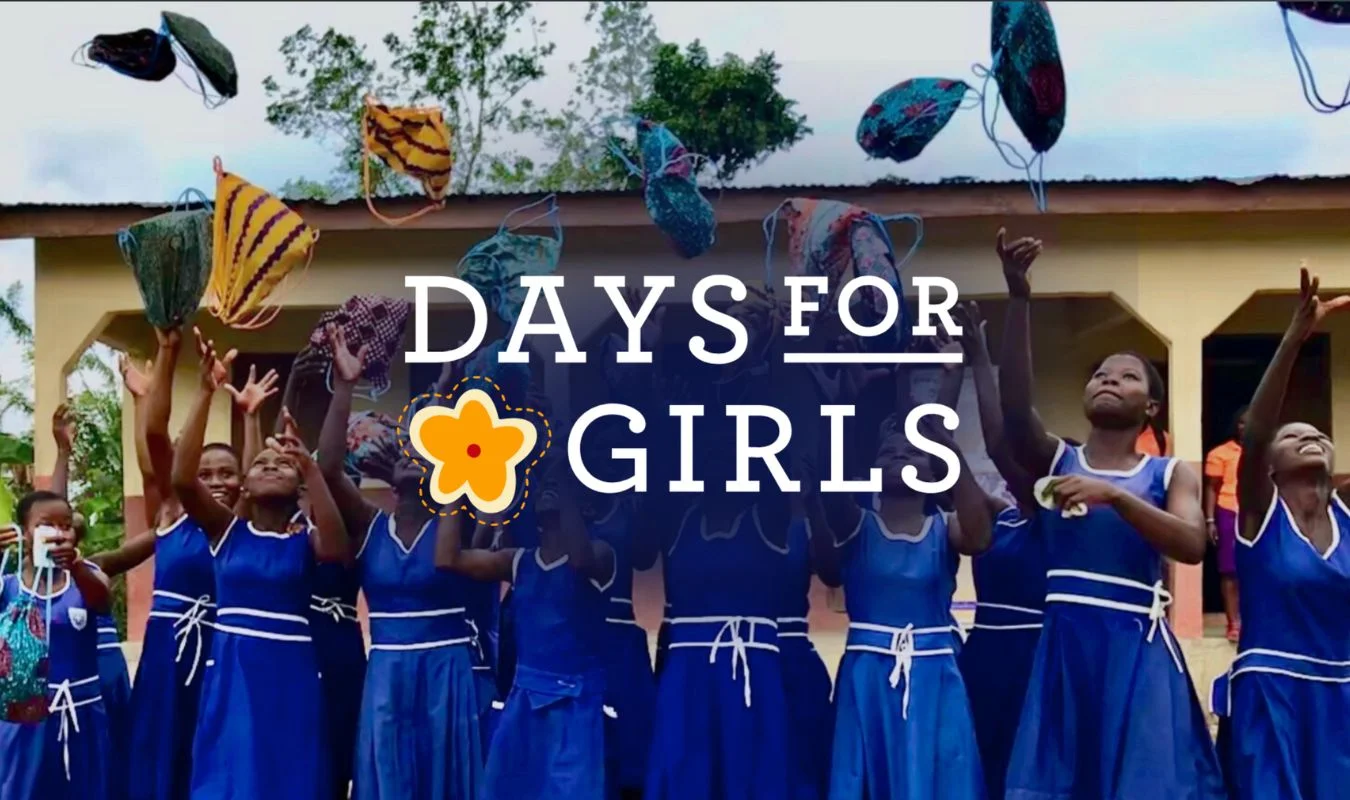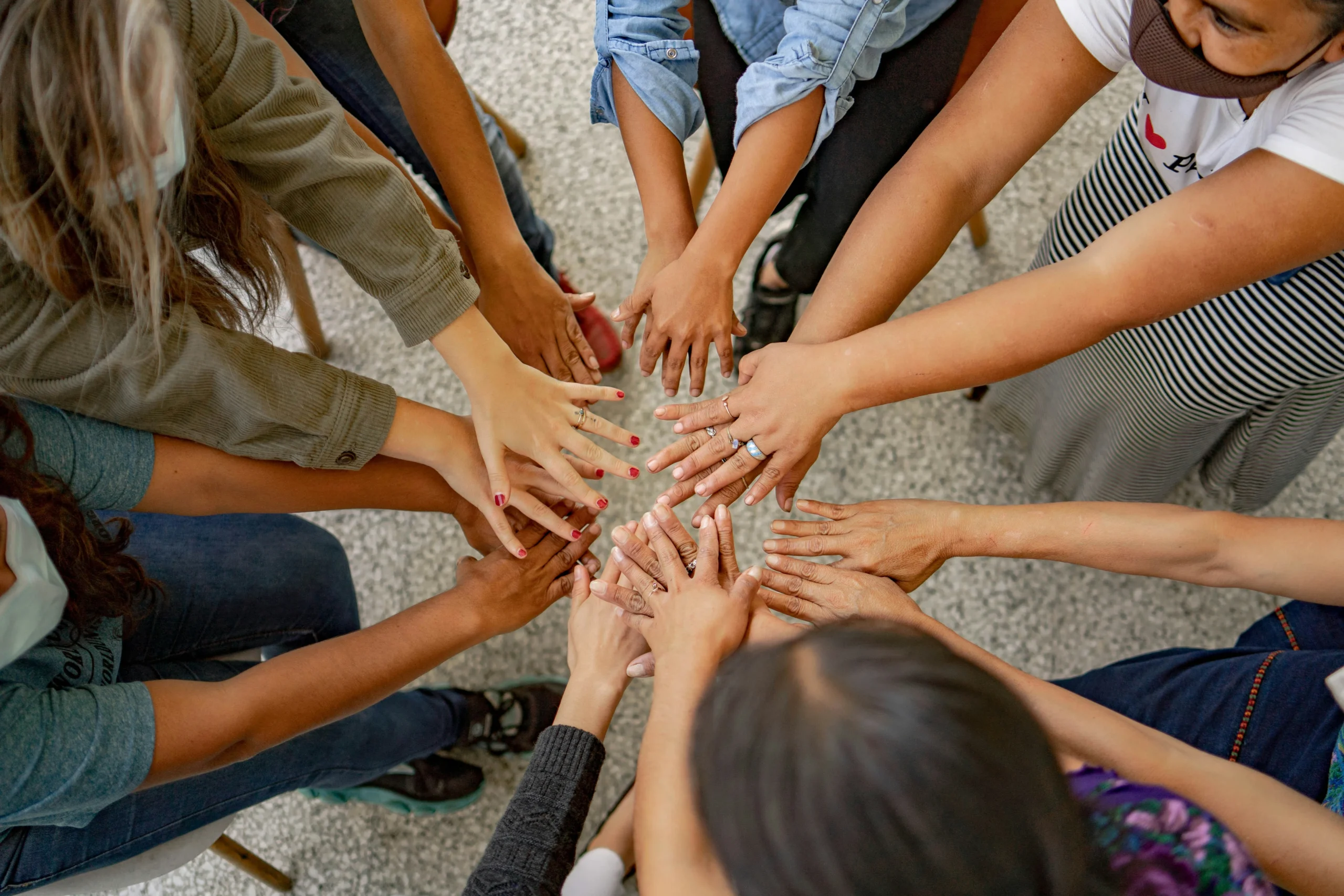Does Donating to Impoverished Countries Actually Help?
By John Hawthorne
What’s the impact of donations and international aid on impoverished countries? Does donating actually help impoverished countries? Keep in mind—there is a big difference between donations and longer term, more effective and sustainable development. Much of the time basic donations do not have much impact and in the long term, can be harmful.
When people see images of impoverished countries and situations, our first thought is, I should donate something. This is noble and shouldn’t be dismissed. However, many people fail to realize that donating to the impoverished can even make their situation worse. It can create a cycle of dependence and reliability on foreign aid. In this article, we’ll explore the true impact of donations and their unintended consequences in the long-run.
This isn’t an anecdotal argument either. More and more research is showing that donations have long term consequences that end up hurting more than helping.
In this post, we’re going to lay out five reasons why donating to the impoverished often hurts more than it helps, and then pose a possible solution. Our goal is to convince you that there is a better way.

#1 – The Communities Can’t Sustain the Things Donated to Them
It’s an idea that sounds great on paper and makes for ovation-garnering speeches. Go into an underdeveloped community, help them create life-giving resources (like a well), and then let the community reap the benefits.
It sounds so noble and enlightened—the westerners coming in to rescue those who can’t survive on their own. Knights in shining armor delivering goods to those imprisoned by their own poverty. This is what many have dubbed, the “white savior complex”.
This mentality is incredibly shortsighted and insulting to the recipients of that charity.
It’s shortsighted because it fails to consider one massive problem: how will impoverished communities continue to support and maintain the donated resources? A drilled well may function effectively for several years, but it won’t be long before it starts to break down. This is the impact of donations that we’re talking about.
Where will they get the parts to repair it? Will they have the necessary technical expertise to maintain the well? These aren’t hypothetical questions. This does not mean you should do nothing. But it does mean that any solution must involve, at the minimum, the following components: time, education, partnership, and follow-up.
“There is no point an external agency coming in, putting in a drill-hole and then passing it over to the local community if they can’t afford to maintain it over the next 10 or 20 years. There needs to be a proper assessment of just how much local people are able to finance these water points. It’s not enough to just drill and walk away.”
“In 2007, before the African Medical and Research Foundation and Farm-Africa began their development work in Katine, worms were found in the polluted water supply at the village of Abia, next to the Emuru swamp. A poorly constructed and maintained shallow well, dug by a charity, was full of soil and animal feces and was making local people sick.”
#2 – It’s Misguided and Doesn’t Solve the Problem
Too often, remedies and relief are donated without considering whether they solve the problem. Take water disinfection treatments. Many organizations and donors assume that supplying water treatments is an effective solution for polluted water.
And so they distribute water disinfectants in great number, feeling good about how they are fixing the problem.
But they’re not necessarily fixing the problem. In fact, there is debate over whether some of (not all) these disinfectants actually produce real, lasting change. And even as families are able to disinfect and kill bacteria in their water, they may not have a water filter to accompany their disinfection. Donors may not consider the various methods of water purification and therefore put people at risk for misguided purification practices. Also, what happens when those limited resources donated run out? People find themselves right back in the same situation before when no long-term sustainable solution to their problems is created. The impact of donations of items themselves is therefore only temporary.
In other words, a solution that is taken as gospel by many organizations may not add much benefit at all to impoverished communities.
Don’t assume that every solution is equally good. Perhaps you paid for some malaria nets to be given to a village. Is that what they need? Will that solve the most pressing problems they have? It’s easy to feel good about yourself for donating something, but you may be trying to solve the wrong problem—without an empathetic approach, you may treat symptoms of the problem rather than the core cause of the problem.

#3 – The Donated Solutions Aren’t Fully Developed
As of late, tech companies are trying to step into underdeveloped countries and offer their hand in assistance. They distribute tablets and applications and internet kiosks, believing that these will help people elevate themselves out of poverty.
And while this is a noble notion, it fails sometimes. Why? Because the tech companies haven’t fully developed the solutions in conjunction with local governments and businesses. If the underlying infrastructure isn’t in place, these tech solutions are like a band aid on a cannon ball wound. They may stop the bleeding for a few minutes, but they don’t solve the problem.
One of the very first things a donor agency or new volunteer learns is that poverty issues are never in isolation. Everything is connected, integrated, and often complex. For example, lack of adequate income is tied to lack of education, impoverished infrastructure, public policy, access to capital, and an inferior quality of water, which means communal disease, low literacy rates, and crime—and the cycle continues on. Every initiative needs to be evaluated in terms of the multiple relationships between other issues.
Speaking of tech companies attempting to “upgrade” India, Eric Bellman writes:
“A $40 tablet that was supposed to revolutionize education has not been getting the government orders it expected. The national networks of Internet kiosks that were supposed to empower farmers have largely shut down. The $2,000 Tata Nano minicar that was supposed to allow millions of people upgrade from the dangerous family motorcycle was not popular and anti-rape apps which were supposed to use mapping and automatic SMS to protect women were never connected to the country’s police force.”
You simply can’t put high-tech equipment into a country that doesn’t have the infrastructure for it.
Tech nonprofits are big these days. You donate some money and they import computers into impoverished countries. But can those computers even be used, or are they going to collect dust in a warehouse? Can the country even handle this type of computer? Can it be hooked up to the internet? This is a ready, fire, and aim strategy that usually hits the wrong target.
#4 – Donors Don’t Have a Sustainable Impact Plan
Too often, donors come to help without a plan to sustain the changes they’ve made. They assume that their work is done once they’ve implemented a solution, not realizing that without a plan for the future things will quickly fall apart.
Too often the support structures for success are not even considered whether it be government policies, ongoing encouragement, mentoring, or something as simple as adequate financial support. Many of us live in the fantasy world that people who have lived their entire life surviving the harsh reality of poverty, doing what it takes to live with so little, suddenly can embrace and understand the values and resources that make the new intervention possible.
A prime example of this is World Bank’s billion dollar effort to bring improved water access to the country of Tanzania. While it was certainly a noble goal, it generated a stunning lack of success.
The Global Post reports:
“In 2007 [before the project], only 54 percent of Tanzanians had access to what is called an improved water source — a water point, like a well or water pump, that is protected from contamination. By 2012, that figure had actually decreased to 53 percent, according to the latest available World Bank Data. Coupled with Tanzania’s rising population, 3.5 million more Tanzanians lacked access to improved water than did before the project began.”
The problem? The lack of a sustainable plan. Over time, the water sources began to fail and become polluted, and the local communities didn’t have the finances or resources to fix them. Suddenly, the communities are worse off than when they started.
Herbert Kashililah makes this statement: “If I am from the World Bank, it is easier to count new projects than try to ensure people are running their own systems.”
A problem is not a problem to be addressed by good hearted outsiders unless identified and owned by the local population, and there are champions, local people who are committed, to work and address it.
To put it into practical terms, maybe you financed a cow for a family through a charity. That’s great, but what will that cow actually do for the family? Do they have the land necessary to pasture it? How will they afford the food? Does the family know what’s required to raise a cow?
#5 – It Kills Local Economies
Several years ago, Jason Sadler had the idea to collect and donate 1 million t-shirts to Africa. Now, besides obvious questions like, “Is that what they really need?” Sadler failed to consider one enormous factor: the impact of donations on the local economy.
What so many donors fail to realize is that their giving can actually kill a local business.
Disaster response efforts especially must be careful about destroying local businesses. It would be so much wiser to further develop the capacity of local entrepreneurs to meet the local needs. This is also true when hunger is prevalent. Buy local food first, create initiatives to produce more, purchase relief supplies locally. Organizations need to deeply consider the economic impact of their actions. Will this help or hurt the economy? Will it create or kill jobs? Will it ultimately provide self-generated income for the residents?
A failure to weigh these factors results in the poor becoming poorer.
Let’s say an individual had a thriving t-shirt business. He makes his livelihood and supports his family by making and selling t-shirts. What happens when a million shirts are suddenly dropped into his country? No one will buy from him. Why would they? They can get shirts for free. Suddenly the t-shirt economy is destroyed and the business goes under. What happens when the donated t-shirts wear out? There is no local business to fill the void and another donation is needed; dependency is created. All this because of the well-intentioned efforts of a donor.
Changing our Approach and our Impact
By empowering local entrepreneurs in underdeveloped areas, we are lifting an entire economy and helping build strong local businesses where green, life-improving products can be purchased. In the process we pay duties and the fees so that the entire economy is boosted.
Understanding the true impact of donations and international aid on communities is an important part of creating sustainable change. When we understand how our good intentions can often time create more problems down the road, we are able to shift our strategy to best help those in need. Business Connect embraces the concept that self-sustaining business solutions will have more longer lasting effect for the alleviation of poverty than a one-time donation. Every donation we receive or facilitate goes through a local entrepreneur, who then gets a commission of the sale. That entrepreneur is then there to support the product for its lifespan, including maintenance and parts.
This is our mission. We’re passionate about helping local communities thrive, rather than simply dropping supplies on them. It’s simply the more sustainable way.




